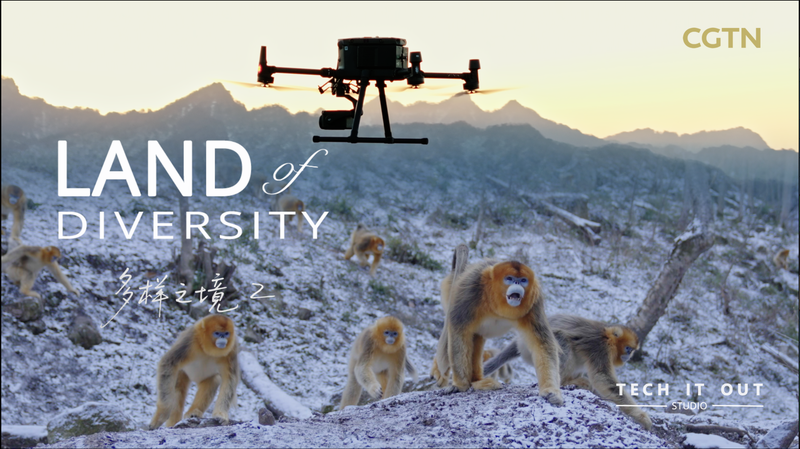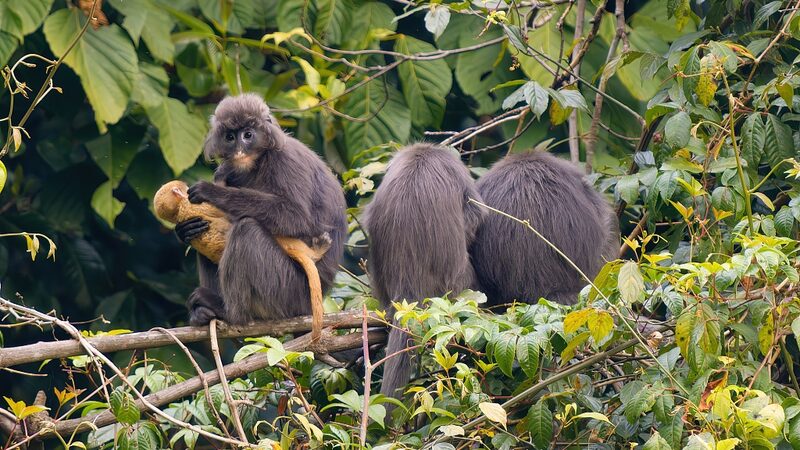From Jungle to Lab: How AI Is Revolutionizing Primate Research
Tracking wild monkeys has long challenged scientists due to their agility, forest habitats, and near-identical appearances. Now, researchers at Northwest University in China have developed a groundbreaking solution: a facial recognition system designed specifically for primates. The technology, which adapts human-focused AI models, can distinguish individual monkeys in seconds with 94% accuracy, even in dense foliage.
Beyond 'Monkey Selfies'
"This isn't just about identification—it's about conservation," explains Dr. Li Wei, lead researcher. The team's system maps unique facial features like nose patterns and eyebrow spacing, creating digital profiles that help monitor population health and migration patterns. Combined with GPS collars and AI-powered behavior analysis tools, scientists can now predict habitat threats and disease outbreaks in real time.
A New Era for Wildlife Protection
The innovation has already helped track endangered golden snub-nosed monkeys in Sichuan province. Similar systems are being tested for orangutans in Southeast Asia, demonstrating China's growing role in global conservation tech. As climate change accelerates, such tools could become vital for protecting Asia's 160+ primate species.
Reference(s):
cgtn.com







